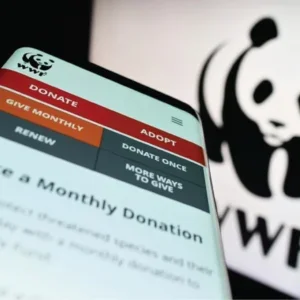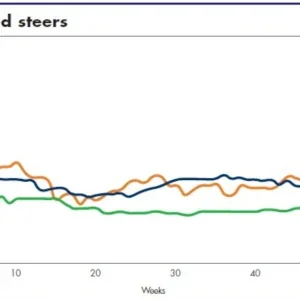After undertaking a commitment to zero deforestation, with the creation of conditions and forms of compensation to make it feasible, BRSL and its members are concentrating their efforts in developing tools and mechanisms involving monitoring, tracking, production criteria, purchase and financing, and economic incentives to promote sustainable cattle farming.
The challenge is to pave the way for social, economic and environmental sustainability in Brazilian livestock production, based on existing and accepted principles and criteria (eg EMBRAPA’s Good Agricultural Practices (BPA); Rainforest Alliance – Livestock, Globalgap; GRI and IFC – Performance Standards).
The establishment of global partnerships with the Global Roundtable for Sustainable Beef (GRSB), FAO/GAoA (Global Agenda of Action), Codegalac (Livestock Development for Latin America) and other similar initiatives will help in the pursuit of greater safety and environmental protection, not only for Brazil, but for the world. "We have already initiated dialogues with other neighbouring countries, including Argentina and Colombia, to encourage them to mount their own roundtables.
We also seek to raise funds through Brazilian and international funds, including the Dutch fund Farmer Support Programme (FSP). If approved, in the first year of operation – that is, 2013 – we will focus on the proposals received for Rondônia (Marfrig and Imaflora), Bahia (Acrioeste and Profissional) and Mato Grosso do Sul (Novilho Precoce, Carrefour, Rabobank, Banco do Brasil and Iniciativa Verde).
Subsequently, we will extend them to new projects in other regions of Brazil, including Pará and Mato Grosso. BRSL’s goal is to gather the good examples of several links in the chain in each project and consolidate them in a guide that can serve as reference for replication in other regions of the country. These projects will also include the implementation of demonstration units and training of multipliers. The development of pilot projects with the testing of BRSL criteria and indicators will guarantee their applicability and adequacy for monitoring and continuous improvement. In this light, we need to increase BRSL’s internal capacity in terms of management and administration of resources in order to get prepared for the next phases.
It is important to note that on May 4, 2012, BRSL signed a Memorandum of Understanding with the Federal Government (MAPA, MMA and EMBRAPA) for cooperation in achieving the goal of recovering 15 million hectares of degraded pastures, according to the National Plan on Climate Change (Executive Decree No 7390 of December 9, 2010).
In addition to this important partnership with Brasília, we are currently establishing local partnerships by working jointly with MAPA, MMA, Embrapa and SAE (Secretariat of Strategic Affairs of the Presidency of the Republic), initially in the state of Mato Grosso and subsequently in other states. Efforts will be made to recover degraded pastures, with a strong focus on sustainable management, thus avoiding further degradation.
The fronts of the project involve strengthening and training the supply chain players committed to technical assistance and rural extension. The Training Centres will focus on developing model units for beef cattle, with the aim of recovering degraded pastures and sustainable production, a successful model already approved by Embrapa’s Demonstration Units.
We have also supported governmental initiatives such as the ABC Plan (Low Carbon Agriculture Plan), NIT (Territorial Intelligence Center) and the Rural Environmental Registry (CAR), which will serve as tools for economic and environmental planning, with the development and implementation of economic mechanisms to encourage adoption of good livestock practices in scale. A Technical Cooperation Agreement is already underway with MMA, which is focused on awareness raising for the promotion of environmental regulation, in cooperation with the NIT.
Open to other initiatives, McDonald’s, Marfrig and Acrimat began structuring a Traceability Pilot Plan. In the same line, agreements are entered into involving projects and product development and technology companies for the use of the GIT tools. Our initiative also involves dairy farming, with the increased competitiveness of small and medium dairy farmers. We have been discussing the possibility of a pilot project in the Paraíba Valley, in São Paulo state, and we started a conversation with Rio de Janeiro state.
Much has been done for Brazilian livestock production, especially in the past 40 years. Our history is undoubtedly successful, considering that we are one of the biggest and best in beef production in the world. However, we can and must do more. There is great potential for further dialogue and intra- and intersectoral actions, in the sense of providing right information, based on science, the different links in the chain, as well as public opinion. In BRSL, we expect to deliver our plans over the next three years, with strategic alliances between the representations directly or indirectly involved with this important chain. It is our duty to realise the promise of the future, now.






